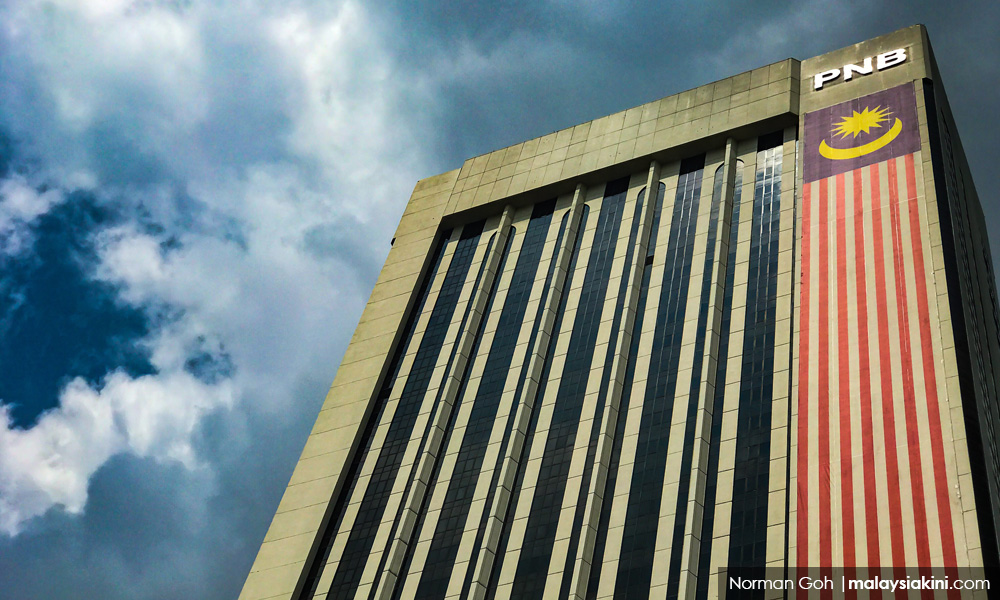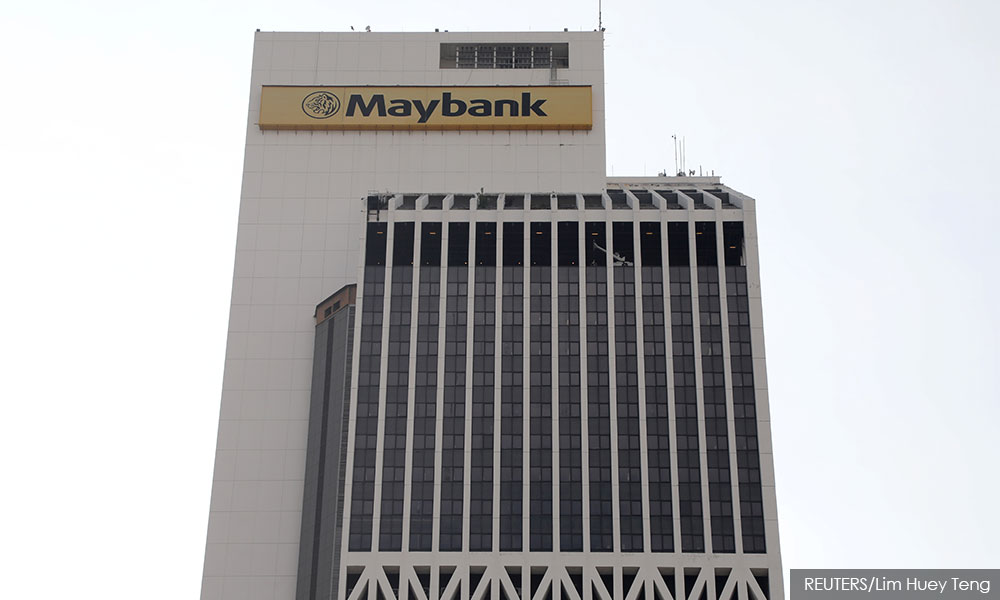Permodalan Nasional Bhd (PNB) and Employees Provident Fund (EPF) have topped a list ranking global investors into a selection of firms that threaten forests with deforestation.
Fellow government-linked agencies Retirement Fund Incorporated (Kwap) and the Federal Land Development Authority (Felda) also made it into the top 10.
Meanwhile, Malayan Banking Berhad (Maybank) was among the top 10 financial institutions that provided loans to such firms.
The lists were by Forests and Finance, an initiative that aims to highlight and minimise the role of finance in enabling deforestation.
It is a collaboration between several environmental groups around the world including Sahabat Alam Malaysia, Rainforest Action Network, TuK Indonesia, Profundo and Amazon Watch.

M’sian GLCs top list
The ranking system is based on a list of 300 firms worldwide identified as “forest-risk companies” for their operations in palm oil, rubber, timber, soy, beef and/or palm and paper.
The latest publicly available data was used to trace the financing received by these companies.
Measured by financial quantum, Forests and Finance ranked PNB as the number one investor into forest-risk companies at USD5.710 billion (RM23.460 billion) as of April 2021.
All of PNB’s top five beneficiaries in this category were palm oil plantation conglomerates - Sime Darby, IOI Group, Batu Kawan Group, Genting Group and United Plantations.
Batu Kawan Group is the parent company of Kuala Lumpur Kepong Bhd.
In second place on the list is EPF, with USD4.162 billion (RM17.100 billion) invested in forest-risk companies.
Its top five investments in this category were largely similar to PNB with the exception of rubber glove manufacturer Top Glove.
In sixth place on the “top investors” list was Kwap for investing USD1.274 billion (RM5.220 billion) into forest-risk companies, of which the top five were Sime Darby, Top Glove, IOI Group, Genting Group and IJM Group.
Felda ranked seventh with USD1.110 billion (RM4.560 billion) in investments.
Its top five forest-risk investments were Felda Group, Batu Kawan Group, Boustead Group and TH Group.

Private firms, banks
Privately owned conglomerate Genting rounded up the top 10 list with USD913 million (RM3.750 billion) invested into forest-risk companies.
However, the Forest and Finance website did not provide a profile on who its top beneficiaries were.
Meanwhile, Maybank was the seventh on the “top creditors” list for providing USD7.504 million (RM30.830 million) in financing to forest-risk companies.
Between 2016 and 2020, the bank’s top clients in this category were Albukhary Group, Sinar Mas Group, Batu Kawan Group, Sime Darby Plantations and Triputra Group.
Maybank also made substantial investments into forest-risk firms.
As of April 2021, the top five in this category were Top Glove, Sarawak Oil Palms, TSH Group, Batu Kawan Group and Hap Seng Group.
Forest and Finance said it had contacted all companies named for comment on its ranking system. Malaysiakini is reaching out to PNB, EPF, Kwap, Felda, Genting and Maybank for a response.
The many risks
The 300 forest-risk companies on Forest and Finance’s list are meant to serve as a “representative sample” of companies that impact rainforests, not an exhaustive list.
They were selected based on the company size, the land area of operation, access to information about their financing and known negative impacts of their operations on the environment.
Speaking at an online forum on Forest and Finance this afternoon, Profundo senior researcher Ward Warmerdam hoped financial institutions will be more aware of the many risks involved in bankrolling forest-risk companies.
Profundo is a non-profit based in Amsterdam, the Netherlands.
“For example, a bank provides a loan to a palm oil company and that company recently engaged in deforestation with the use of fire. Then the company may be fined or its concession may be sealed.
By sealing its concession, production is impacted and its ability to generate sufficient revenue is of course decreased, which makes it more challenging for it to repay its loans.
“If it is more challenging to repay its loans, then this is a risk to the bank which is providing this loan [...] so we believe these environmental, social and governance risks can translate to financial risks,” he said.
Warmerdam thus hoped banks and investors would help push for more environmentally sensitive business practices.
“We believe financial institutions should adopt policies not just for their own purposes to mitigate their own financial risks, but also to push companies to improve their practices.
“Which will reduce actual risks on the ground for local communities and the environment,” he said. - Mkini




No comments:
Post a Comment
Note: Only a member of this blog may post a comment.